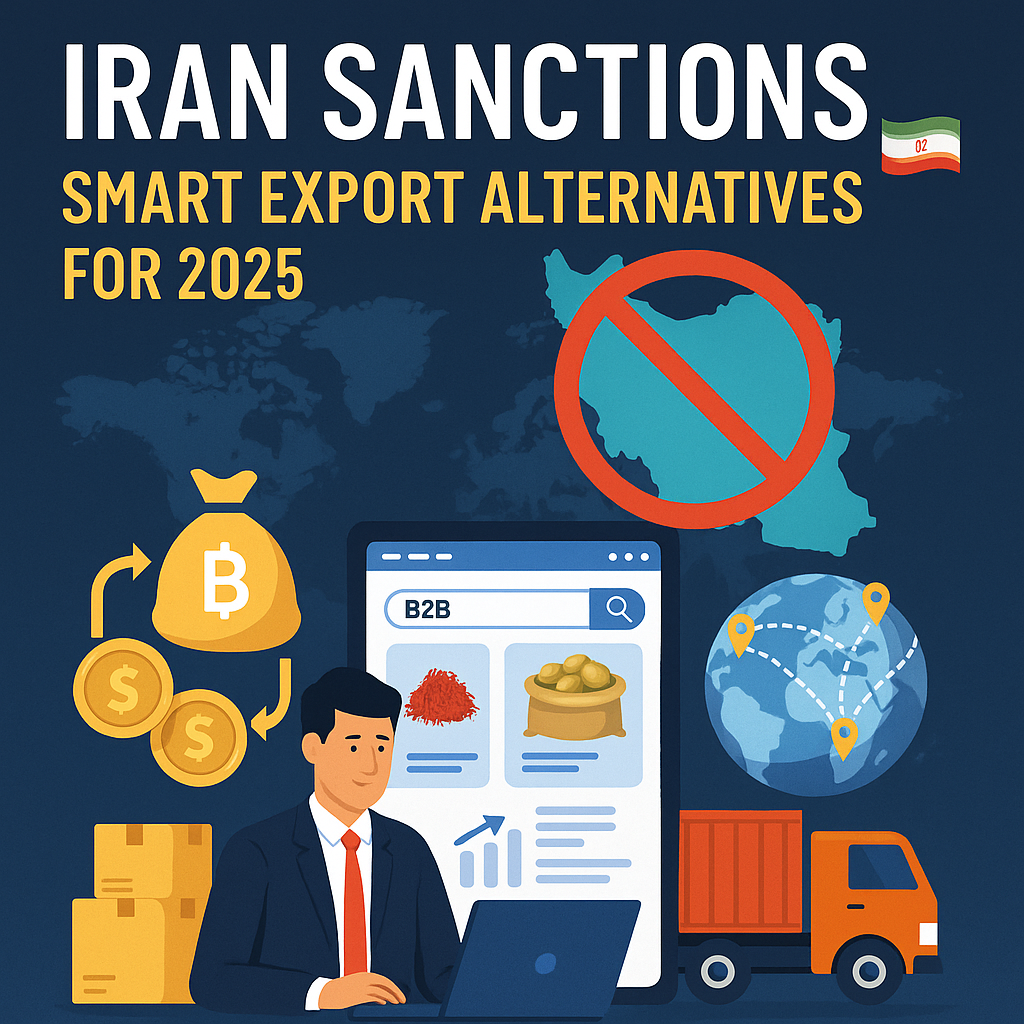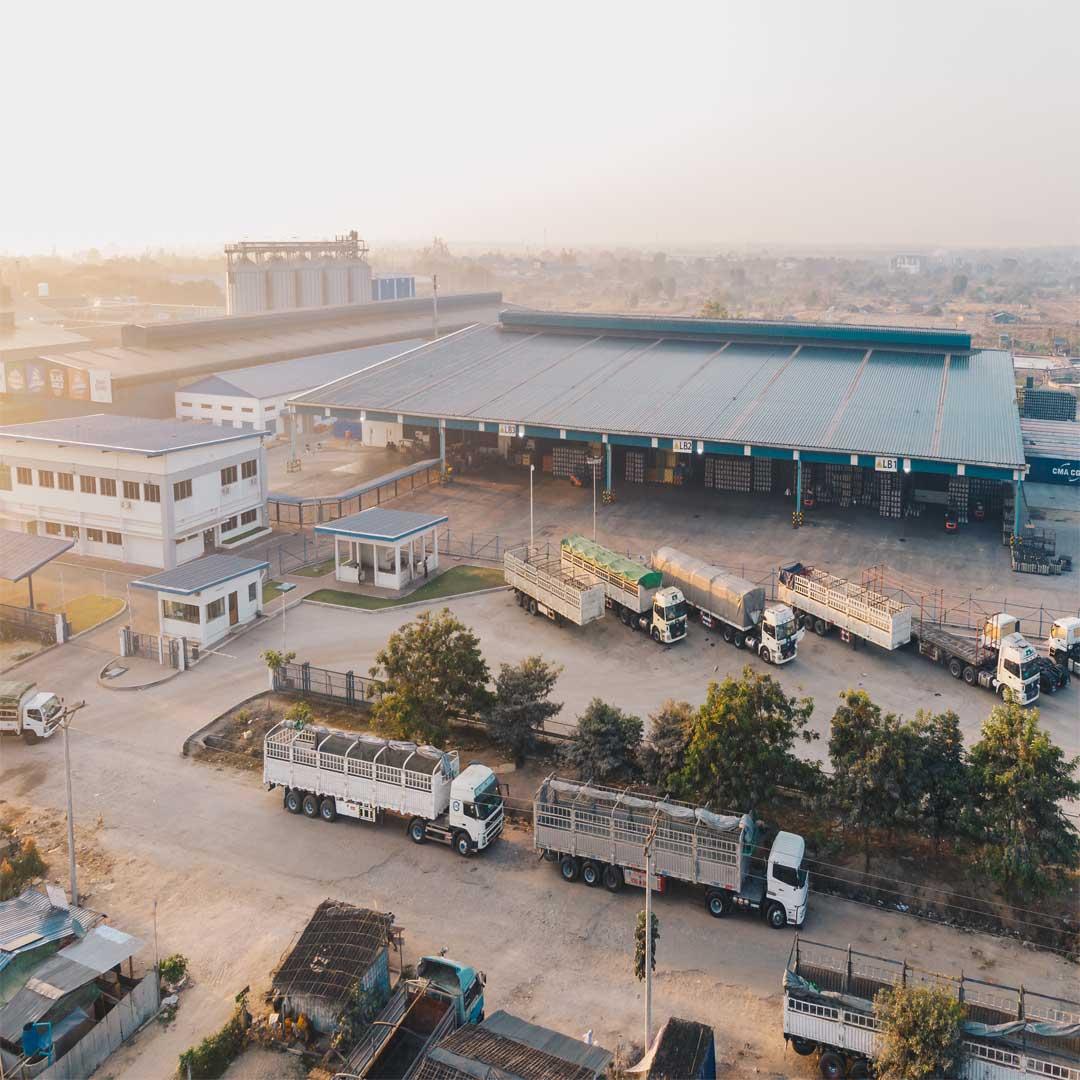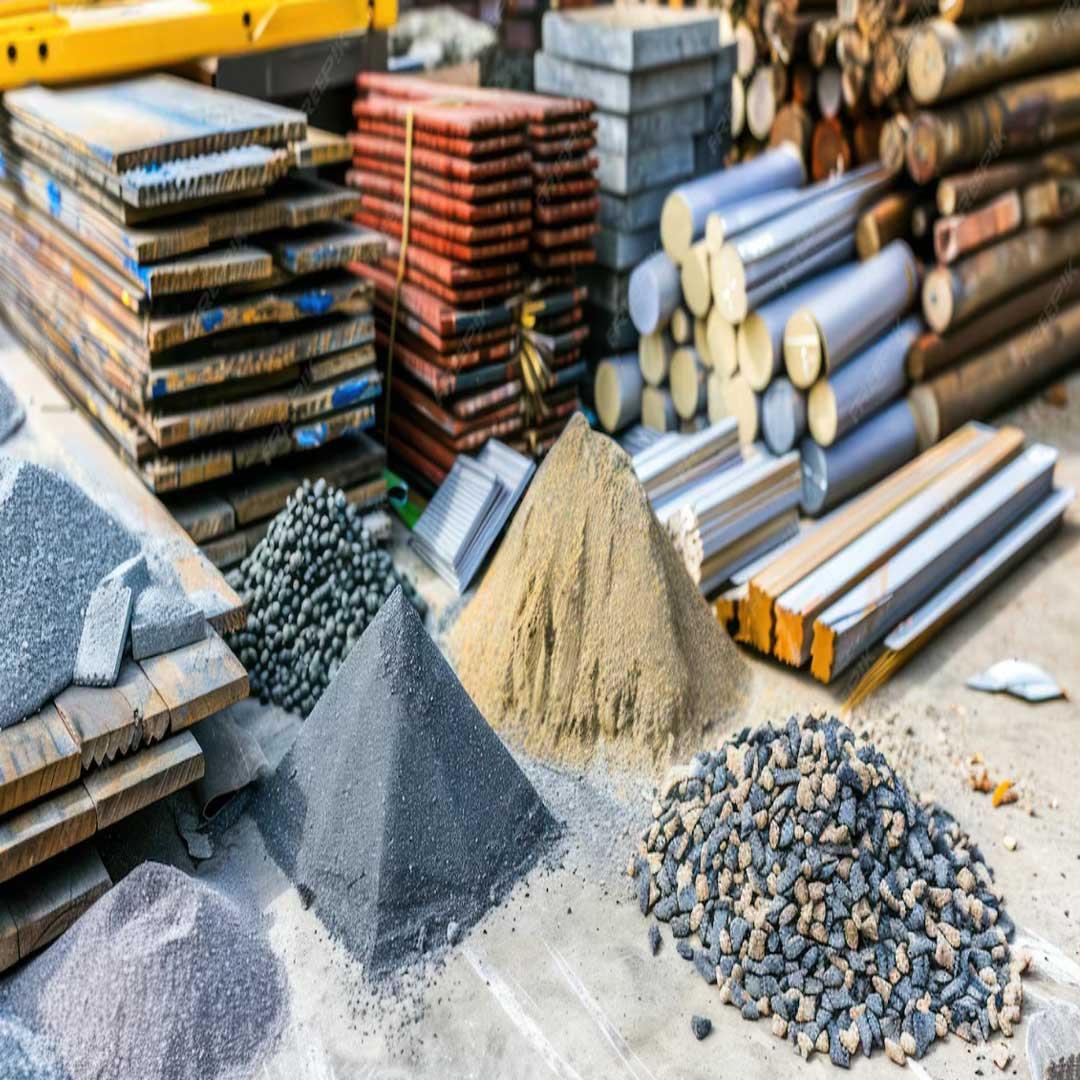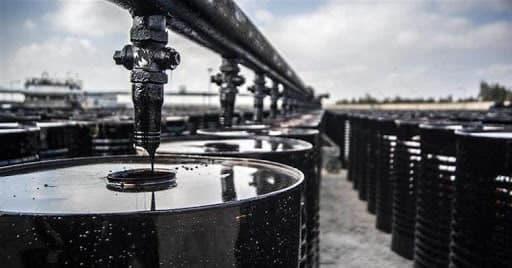Despite sanctions, Iranian exporters continue to trade smarter in 2025, exploring new export alternatives, regional rout...
The Most Important Export Iranian Goods to Pakistan
One of the common questions many traders and businesspeople ask before exporting to Pakistan is: What goods are best suited for export to this country?
The answer is that the list of export goods to Pakistan is very diverse, and there is a wide variety of products that can be shipped to this country.
Below, we will introduce some of the most important export goods to Pakistan.
To export to Pakistan, you need to be well-informed about the list of export goods. This way, you can earn a good profit from your exports. Many traders and businesspeople export ceramics to Pakistan and apples to Pakistan. In fact, the profit from selling these two goods is very high, and you can prepare and send them in large quantities to Pakistan. Pakistan is one of Iran's neighboring countries and faces a more challenging general situation compared to other countries.
The economy of Pakistan is somewhat similar to India’s, and agriculture is one of the most important sectors. However, it is important to note that this country cannot produce many agricultural products and, therefore, you can export them to Pakistan. To export to Pakistan, you must familiarize yourself with the necessary steps and tips. Below, we will fully explain the list of export goods from Iran to Pakistan along with the stages and tips involved.
List of Export Goods to Pakistan
As one of the major producers in the Middle East, Iran has a significant share in global trade. Pakistan is one of Iran's important export destinations. Due to its diverse industrial needs, Pakistan welcomes Iranian products. Here are some of the export goods from Iran to Pakistan and their features:
Oil and Fossil Fuels
Iran, with its vast reserves of oil and gas, is one of the largest suppliers of fossil fuels to neighboring countries. Pakistan specifically relies on these resources to meet its energy needs for both industry and household consumption. Exporting crude oil and its related products from Iran to Pakistan is an important source of income for both countries.
Ceramics
Iran is renowned globally for its production of ceramic products such as tiles and ceramic dishes. Given Pakistan's growing demand for building materials and decorative items, the export of Iranian ceramics to this country has a strong market. Proper packaging and attention to attractive and high-quality designs can help boost this export.
Iron and Steel
Iran's iron and steel industry is also well-known in global markets. Iranian steel products are widely used in construction, industrial equipment production, and automobile manufacturing in Pakistan. As a large steel producer, Iran can export these products to Pakistan at competitive prices.
Leather and Animal Hides
Iran is one of the major producers of leather and leather products in the region. Products such as bags, shoes, clothing, and other leather items have high demand in global markets, especially in Pakistan. Exporting Iranian leather to Pakistan can be a quality and competitive option.
Glass Products
Iran is recognized for its high-quality and uniquely designed glass products. The export of glassware and windows from Iran to Pakistan has grown significantly. Given Pakistan’s demand for these products, Iran can effectively cover this market.
Fresh Vegetables and Fruits
Iranian agricultural products, especially fresh vegetables and fruits, are highly popular in Pakistan. These products, including tomatoes, onions, apples, oranges, and dates, are in great demand due to their high quality and variety. Exporting these products in appropriate packaging and with proper hygiene standards can be very successful.
Processed Food Products
One of the key exports from Iran to Pakistan includes processed food products such as tomato paste, canned goods, tuna, and other food items. With the increasing demand for these products in Pakistan's market, exporting them from Iran has high potential.
Mineral Products
Iran, with its rich mineral resources, can export various minerals such as gypsum, cement, copper, and decorative stones to Pakistan. As a developing country, Pakistan has a high demand for these materials for construction and infrastructure development.
Handmade Carpets and Floor Coverings
Iranian carpets are recognized as one of the most important export products. These carpets are popular in Pakistan due to their beautiful designs and high quality. Iranian handmade floor coverings and handicrafts also have a large following in this market.
Pistachios and Dried Fruits
Iranian pistachios are among the most famous dried nuts in the world and have a good market in Pakistan. In addition to pistachios, other nuts like almonds and hazelnuts, as well as dates and raisins, are also exported from Iran to Pakistan.
Tea
Iranian tea is also widely consumed in Pakistan. This product, with its distinctive quality and flavor, can be very successful in the Pakistani market.
Tools and Household Goods
Industrial tools, household goods, and electronic equipment are among the products that Iran can export to Pakistan. With high demand for these products in Pakistan, Iranian goods in this sector could find a good market.
Cosmetics and Personal Care Products
Due to the growth of the beauty and personal care industry in Pakistan, Iranian cosmetics and personal care products are also well-received in this market. Shampoos, creams, and other cosmetic items are among the goods that Iran can export to Pakistan.
Overall, Iran's export of goods to Pakistan, considering the diversity and high quality of products as well as the various needs of the Pakistani market, can create good business opportunities for Iran. Proper packaging, adherence to hygiene standards, and attention to the tastes and needs of the target market are key factors for success in these exports.
The Impact of the Abrisham Road on Exports to Pakistan
The Abrisham Road, Iran's B2B International Platform, plays a crucial role in facilitating exports of Iranian products to Pakistan, offering numerous advantages. As a key trade route connecting Iran, Pakistan, China, and Central Asia, this project is enhancing trade relations and creating new opportunities for businesses. Below are some key points regarding the impact of the Abrisham Road project on Iranian exports to Pakistan:
Easier Access to the Pakistani Market
The Abrisham Road, which includes the development and improvement of transport infrastructure such as roads, ports, and rail lines, significantly facilitates trade between Iran and Pakistan. With better access to Pakistani markets, the export of Iranian products like oil, pistachios, agricultural goods, handmade carpets, and industrial equipment becomes more efficient and cost-effective. This reduces transport time, lowers customs and transit costs, and improves overall trade flow between the two countries.
Trade and Economic Relations
The Abrisham Road enables Iran to strengthen its commercial and economic relations by serving as an international trade route. With access to faster and cheaper trade routes, Iranian exporters can send their products to Pakistan at more competitive prices, leading to a more dynamic and competitive market. This directly benefits the export of food products, industrial goods, and agricultural items to Pakistan, boosting economic cooperation.
Strengthening Transport and Logistics Infrastructure
The improvement of transport infrastructure, especially rail and road transportation through the Abrisham Road, helps streamline the movement of Iranian export goods to Pakistan. This is crucial for products that require swift and reliable transport, such as glass products, fresh fruits, dates, and chemicals. Enhanced logistics systems increase delivery speed, reduce potential damage during transit, and improve the overall efficiency of trade between the two countries.
Strengthening Joint Business Centers and Increasing Investment
Improving transport infrastructure, especially rail and road transportation through the Abrisham Road, helps streamline the movement of Iranian export goods to Pakistan. This is crucial for products that require swift and reliable transport, such as glass products, fresh fruits, dates, and chemicals. Enhanced logistics systems increase delivery speed, reduce potential damage during transit, and improve the overall efficiency of trade between the two countries.
Economic Benefits and Access to New Markets
Through the Abrisham Road, Iranian goods can easily reach not only Pakistan but also other Central Asian countries, South Asia, and even western China. This expanded access opens up new markets for Iranian exports, such as pistachios, carpets, oil, and chemicals. Pakistan, serving as a gateway to these markets, plays a vital role in diversifying Iran's trade and export base, providing further economic opportunities for both countries.
Strengthening Cultural and Trade Exchange
In addition to trade, the Abrisham Road also fosters cultural and social exchanges between Iran and Pakistan. The export of Iranian handicrafts, including handmade carpets, pottery, and statues, can be further promoted through this platform, reflecting the rich cultural heritage of both countries. These unique products are likely to find a special place in Pakistan's niche cultural markets, enhancing bilateral cultural ties.
Reducing Transit Costs and Increasing Export Volume
With the continuous development of transport infrastructure along the Abrisham Road, transit costs are reduced, benefiting Iranian exporters. This is particularly important for high-volume, time-sensitive goods such as minerals, petrochemicals, and agricultural products. As a major economic corridor, the Abrisham Road lowers transportation costs, enabling Iran to increase the volume of its exports to Pakistan, making its products more competitive in the market.
Conclusion
exporting to Pakistan presents a wide range of opportunities for Iranian businesses, thanks to the diversity of goods that are in demand in the Pakistani market. From oil and fossil fuels to agricultural products, ceramics, and handmade carpets, Iran's varied export offerings align well with Pakistan's industrial and consumer needs. The key to successful trade lies in understanding the market's preferences, ensuring quality products, and adhering to packaging and hygiene standards. The development of trade infrastructure, particularly the Abrisham Road project, further enhances the ease and cost-effectiveness of exports to Pakistan, opening up new avenues for business growth. With improved transportation routes, Iranian exporters can tap into a more competitive market, reduce costs, and potentially expand their reach to Central Asia and beyond. Ultimately, a well-informed, strategic approach to exporting to Pakistan can lead to substantial profits and long-term business relationships.




